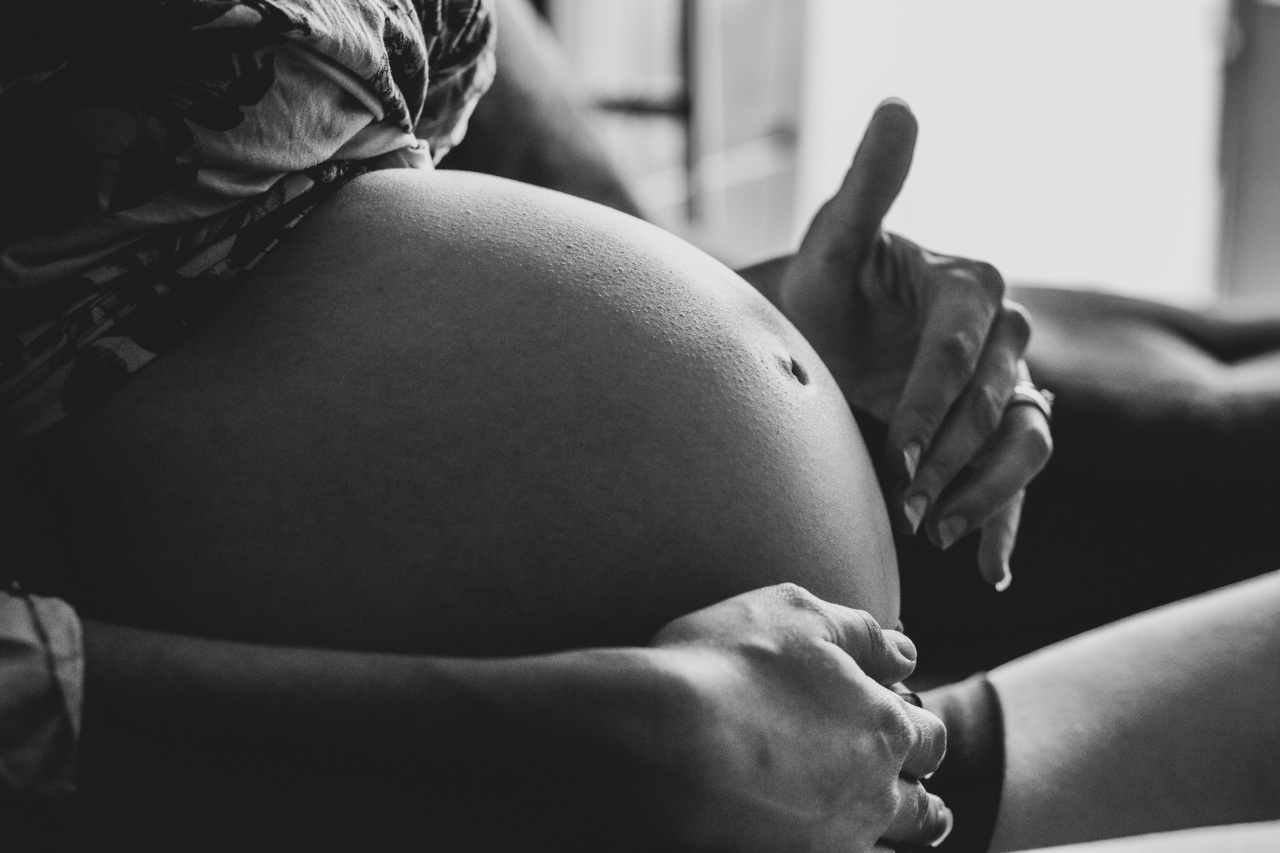Welcoming a new life into your world through childbirth is one of the most significant experiences any woman can ever have.
However, a woman’s body undergoes several major changes during and after pregnancy, which can make her feel less confident and overwhelmed.
While some of these changes happen during pregnancy, most of them occur after childbirth. This article will discuss the different postpartum body changes that women can expect after giving birth and how to cope with them.
What To Expect: Postpartum Body Changes
1. Breast changes
During pregnancy, a woman’s breasts grow in size as they prepare to produce milk for her baby. However, after childbirth, the breasts may become engorged with milk, leading to soreness, swelling, or even pain.
As a new mother, wearing a supportive bra and gentle massage will help to ease these discomforts and avoid breast infections.
2. Stretch marks
During pregnancy, stretch marks may develop on a woman’s stomach, thighs, breasts, or hips as the skin expands to accommodate the growing baby.
Postpartum, these stretch marks may become more noticeable, but there are creams and lotions available over-the-counter to fade them away.
3. Hair loss
After childbirth, women commonly experience hair loss due to hormonal changes in their bodies. However, this is temporary and should ease gradually within the first year after childbirth.
Meanwhile, taking a healthy diet, getting enough rest, and avoiding tight hairstyles can help reduce the extent of hair fall.
4. Body shape changes
Many women gain weight during pregnancy and may struggle to lose it after childbirth.
Additionally, the abdominal muscles that were stretched during pregnancy, along with the skin, may not go back to their previous shape, leading to a changed body shape. However, regular exercise with the approval of the doctor and eating a balanced diet can help women regain their pre-pregnancy physique gradually.
5. Vaginal delivery changes
If a woman undergoes vaginal delivery, she may experience swelling, soreness, or even stitches in the vaginal area. This can make going to the bathroom difficult or painful.
To help ease these issues, a woman can use warm compresses, sit in a Sitz bath, or use cooling packs.
How To Cope With Postpartum Body Changes
1. Prioritize self-care
Most new mothers spend most of their time taking care of their newborns and forget about themselves. However, it is essential to prioritize self-care and rest to heal and recover from postpartum body changes fully.
Self-care can take different forms, such as finding time to take a relaxing shower, sleeping, practicing yoga, or even seeking help from friends, family, or a therapist.
2. Seek Professional Help
If postpartum body changes cause significant discomfort or pain, it’s essential to seek professional help, such as visiting a doctor or lactation consultant.
These professionals can offer personalized advice or recommend treatment options or even activities that can help alleviate the symptoms.
3. Gently Exercise
Regular exercise not only promotes physical fitness but also helps ward off postpartum depression and anxiety. The doctor may suggest gentle exercises that are safe and beneficial.
Walking, stretching, kegels, or postnatal yoga are excellent ways to start to help regain the body’s strength and shape.
4. Practice healthy eating habits
Eating well-balanced meals with essential vitamins and minerals after childbirth helps the body to heal. A healthy diet that includes fruits, vegetables, lean protein, and whole grains can promote overall wellness and healing process.
5. Connect with other new mothers
Connecting with other new mothers going through the same experience can be instrumental in easing any postpartum anxieties and stress.
Joining parenting groups, attending baby classes, or even joining an online support group can help women connect and share the experience, which helps reduce anxiety levels and promote a sense of belonging.
Final Thoughts
While postpartum body changes can leave women feeling overwhelmed, anxious, and even depressed, it’s crucial to keep in mind that these changes are temporary and part of a natural process.
Prioritizing self-care, seeking professional help, and connecting with other new mothers can help women cope better with these changes, feel more confident about themselves, and enjoy parenthood fully.



























